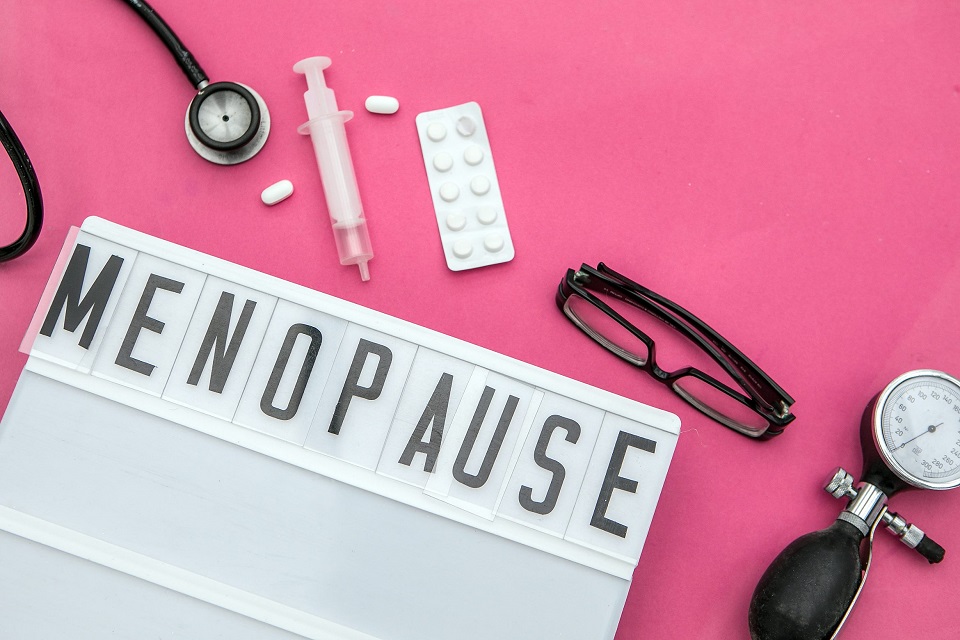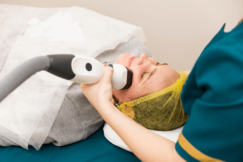It’s something natural, yet the topic is often ignored, and when people address it, it is only in terms of its unpleasantness and how terrible it is for those who go through it. The topic of discussion here is menopause.
For women everywhere, menopause is a certainty. But, as mentioned above, it is rarely seen as a positive experience. However, this doesn’t always have to be the case. There are ways to manage your menopause so that it isn’t such a negative experience. New therapies experts are introducing are among those that are geared toward helping you manage your menopausal symptoms.
This article introduces you to a therapy slowly gaining prominence in the medical field. It is known as ovarian rejuvenation, and it is driving a significant shift in how you think of menopause management.
What Is Menopause

Menopause is a term referring to the time when your ovaries cease the production of progesterone and oestrogen- thus marking the end of the menstrual cycle. While the term often implies a natural end, people experience menopause differently. So, while some may go through it naturally, for others, menopause occurs due to genetic disorders that halt ovarian function, surgical ovary removal, or medical treatments.
The symptoms of menopause are a side effect of a significant decline in the body’s levels of the two hormones mentioned above. However, your menopause experience is not likely to be the same as someone else’s. Often, the primary difference occurs in the severity of symptoms you encounter. They may be severe or very mild.
Menopause is a transitional experience. But it doesn’t have to be a horrible one. Often, the fear of menopause results from the aversion to bothersome symptoms- yet this doesn’t have to be the case. There are opportunities to create a custom care plan with your doctor. Moreover, there are now therapies that can help you manage how you go through menopause.
Menopause And New Ovarian Rejuvenation Therapy
Ovarian rejuvenation is a practice developed by fertility doctors whose primary purpose is to help manage ovarian ageing. During the procedure, the doctor injects your ovaries with platelet-rich plasma (PRP)- a concentrated solution derived from your blood and adapted for use in other medical fields.
The ovarian rejuvenation process is based on the natural growth factors in PRPthat can aid in:
- Improving blood flow.
- Tissue regeneration.
- Reducing inflammation.
Doctors theorise that it may also reverse signs of ovary ageing and stimulate previously dormant eggs.
Who Might Ovarian Rejuvenation Help?
Any healthy woman in one of the four categories below may benefit from ovarian rejuvenation. Therefore, if you are:
- A menopausal woman under the age of 55.
- Infertile (i.e. you have low egg reserve and AMH levels)- no matter your age.
- A Woman with Premature Ovarian Failure.
- A Woman with Primary Ovarian Insufficiency.
You may benefit from this procedure.
There is one significant caveat. While doctors continue to make major strides in developing and refining the processes they use in this procedure, it remains a complex undertaking. Therefore, the number and extent of treatments you undertake will be unique to you and highly dependent on various factors. However, these complexities shouldn’t deter you from considering ovarian rejuvenation as a viable menopause management option.
Finally, do not hesitate to consult your doctor if you are struggling with the symptoms of menopause or are curious and considering ovarian rejuvenation as a treatment plan.



